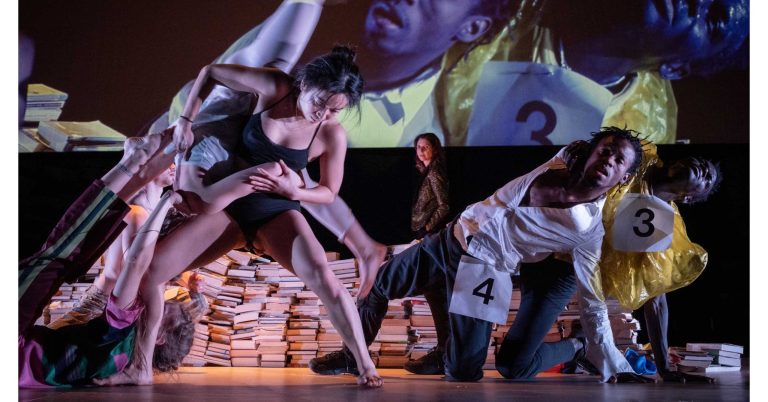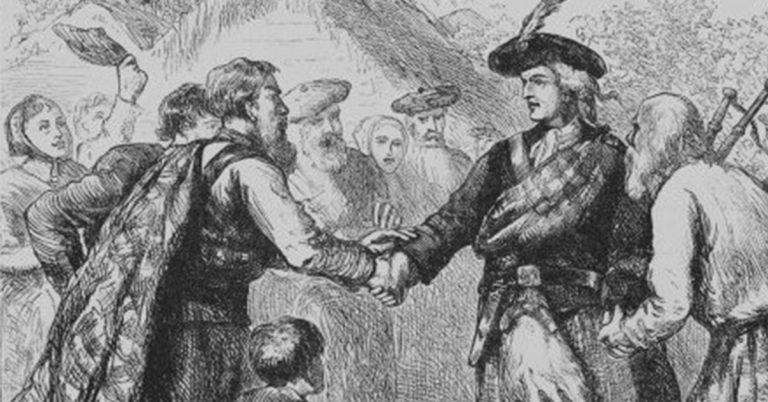
By Stefanie Van de Peer
Negotiating Dissidence: The Pioneering Women of Arab Documentary is publishing this month, and it’s a significant time for a book of this nature, with today being International Women’s Day. Several of the films discussed in the book deal with the first of these days in 1975 when the UN declared the International Year of Women. The decision to dedicate 1975, and a day of every subsequent year, to women, was influenced by the rise of Second Wave Feminist movements throughout the developed world in the early 1970s. The original goa1 was to attain legal recognition of female equality, bring that to the developing world, and promote the role of women as an aid for economic development.
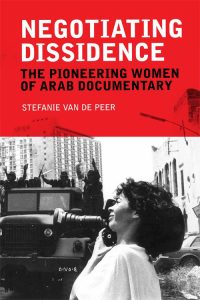
In 1975 Selma Baccar and Assia Djebar made their feminist documentary statements. These two films are lost classics of Arab and African cinema. The main theme throughout Djebar’s and Baccar’s projects is the fight for women’s status and their freedom of speech. As docudramas, the films transgress style and formal expectations. At the same time, they also challenge the documentary tradition. Assia Djebar (1936-2015) was a prize-winning author, and Selma Baccar (1945) has been active on the political platforms in Tunisia since the Revolution. It is less well-known that Djebar also made two films in the 1970s and 1980s. Rumoured to have suffered from writers’ block, she made two television documentaries, with the idea that she could reach a wider, Algerian and Arabic-speaking audience that way, than with her books, written in French. An autodidact, she made two experimental documentaries and in them she openly struggles with male-centred historiography, and with her own subjective struggle with having (or suffering from) a double consciousness. Likewise, Baccar did not receive a formal cinema education but she joined one of the many amateur film clubs in Tunis, teaching herself to make films in collaborations with some other women, who later became the biggest names in cinema in Tunisia.
Baccar is now an elected member of the Assemblée Constituante, and freedom of speech has been and continues to be a contested concept in Tunisian politics: discourse is one thing; reality another. Baccar’s Fatma 75 remains a very powerful feminist film. With it she wanted to show that it was not only first president Habib Bourguiba who had changed history for women. The historical context of women’s on-going activism needed to be addressed as well. Baccar reveals two distinct sides of Tunisian politics: since Bourguiba’s Code of Personal Status was initiated in 1956, legally women had equal rights to men, but the Ministry of Women, Family and Children’s Affairs, run by Mrs. Bebia Bouchnak Chihi, a fervent campaigner, remained powerless when other official institutions and police officers practiced a different policy. The freedoms Baccar herself has experienced in her life as an artist, and as a student abroad (she was in Paris in 1968), taught her about emancipation and women’s rights.
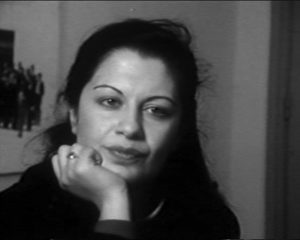
Fatma 75 incorporates three different eras: first, 1930 to 1938 and the first appearance of the Union of Tunisian Women; second, the national struggle and women’s roles during the fight for independence between 1939 and 1952; and third, the intricacies of the personal status laws as they were introduced in 1956 and 1957. The three epochs are brought together in the fictional story of Fatma, a female student at university, discussing the historical relevance of women’s movements throughout the 20th century in an essay she is writing for her degree. It delineates Baccar’s preoccupation with an internal conflict when it comes to the discourse on women as opposed to the reality of women’s lives.
Likewise, Djebar made La Nouba in 1975. This film focuses on women’s positions, aiming to reinstate women freedom fighters into the historiography of Algeria. Algerian cinema was for a long time defined by its revolutions and its wars. As such, it was also dominated by male stories, and by men making films. Djebar was the first woman to take up the camera and set the record straight. Inspired by the UN year of 1975, La Nouba looks at Algerian women during the War for Independence and shows that women fought a vital part of that war, but afterwards lost their agency to the victorious men. In the context of a very complex history of women in the country, both colonial and postcolonial, this film addresses women’s testimonies through their silences.
La Nouba was not only the first but also the only film to look at and give women a voice. The film was disliked at its first screening in the Cinemathèque d’Alger, because of its feminist agenda, and only screened once on Algerian television, because of its perceived inaccessible nature. The film experiments with the visualisation of the repressed, enabling testimonies and memories to resurface through the aid of associative interviews.
With their films, both filmmakers wanted to engage their fellow countrywomen in the debate on emancipation in the context of the UN International Year of Women. In spite of this the films were banned and boycotted, remaining unscreened for a long time, and entering film history as lost classics. Baccar’s film was screened in the Netherlands, by Cinemien, a feminist film organisation. The film therefore existed for a while only with Dutch subtitles. La Nouba is equally a much-talked about but rarely screened film. As pioneering films by pioneering feminist filmmakers, discussed in the context of transnational film feminisms, they are only the tip of the iceberg of Arab feminist documentary statements, discussed in more detail in the book.
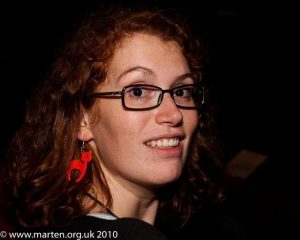
Stefanie Van de Peer is Associate research Fellow for a 3-year AHRC project on Transnational Moroccan Cinema, at the University of Exeter. She holds a PhD in postcolonial cinema from the University of Stirling, where she focused on political filmmaking by women from North Africa.




